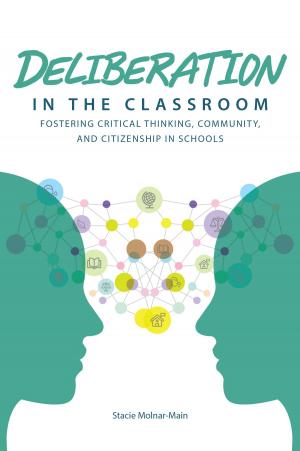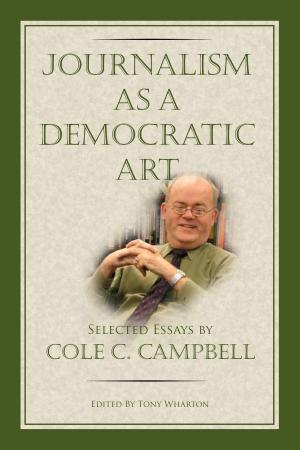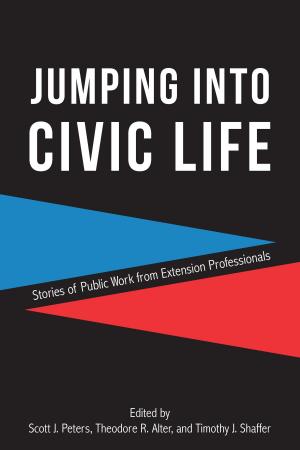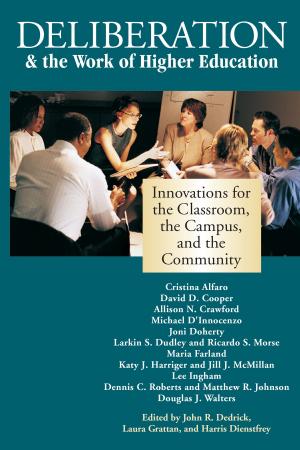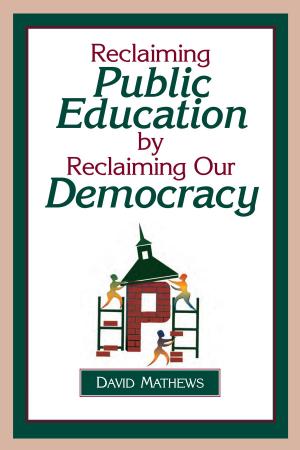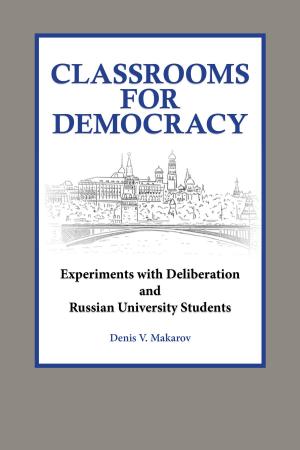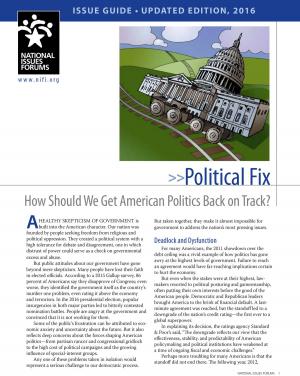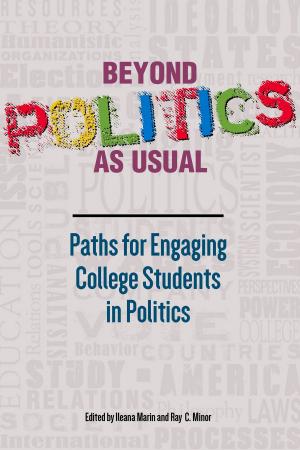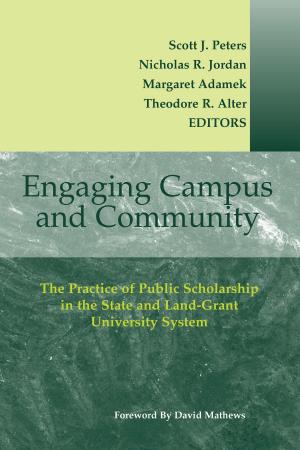The Long-Term Impact of Learning to Deliberate
Nonfiction, Social & Cultural Studies, Political Science, Government, Civics, Social Science| Author: | Christy Buchanan, Katy Harriger, Jill McMillan, Stephanie Gusler | ISBN: | 9781945577185 |
| Publisher: | Kettering Foundation | Publication: | February 1, 2017 |
| Imprint: | Kettering Foundation | Language: | English |
| Author: | Christy Buchanan, Katy Harriger, Jill McMillan, Stephanie Gusler |
| ISBN: | 9781945577185 |
| Publisher: | Kettering Foundation |
| Publication: | February 1, 2017 |
| Imprint: | Kettering Foundation |
| Language: | English |
This report is a follow-up to Harriger and McMillan's Speaking of Politics: Preparing College Students for Democratic Citizenship through Deliberative Dialogue (Kettering Foundation Press, 2007). That book described a four-year study at Wake Forest University in which students, called Democracy Fellows, were exposed to the process of deliberative dialogue both inside and outside of the classroom.
The focus of this report is an alumni study of the Democracy Fellows 10 years after their graduation. For purposes of comparison, they are matched with a class cohort that did not participate in the Democracy Fellows study. The authors describe differences in the ways that the Democracy Fellows and their classmates understand citizenship. They found that the Democracy Fellows have a more complex and nuanced understanding of citizenship and its responsibilities. Ten years on, they are more likely to be politically active and express more eagerness to engage with people who hold different beliefs. Their classmates' concepts of citizenship are more legalistic and less complex than those of the Democracy Fellows.
The authors of this follow-up study bring together research insights from the literature on political socialization, political participation, and deliberative democracy, with a particular focus on whether and how interventions during the college experience might shape subsequent civic engagement. Their work demonstrates the enduring impact of learning to deliberate.
This report is a follow-up to Harriger and McMillan's Speaking of Politics: Preparing College Students for Democratic Citizenship through Deliberative Dialogue (Kettering Foundation Press, 2007). That book described a four-year study at Wake Forest University in which students, called Democracy Fellows, were exposed to the process of deliberative dialogue both inside and outside of the classroom.
The focus of this report is an alumni study of the Democracy Fellows 10 years after their graduation. For purposes of comparison, they are matched with a class cohort that did not participate in the Democracy Fellows study. The authors describe differences in the ways that the Democracy Fellows and their classmates understand citizenship. They found that the Democracy Fellows have a more complex and nuanced understanding of citizenship and its responsibilities. Ten years on, they are more likely to be politically active and express more eagerness to engage with people who hold different beliefs. Their classmates' concepts of citizenship are more legalistic and less complex than those of the Democracy Fellows.
The authors of this follow-up study bring together research insights from the literature on political socialization, political participation, and deliberative democracy, with a particular focus on whether and how interventions during the college experience might shape subsequent civic engagement. Their work demonstrates the enduring impact of learning to deliberate.

